Last Updated on April 4, 2023
Nigeria has several tribes, each with its history and legendary figures. These famous leaders and warriors have influenced the history of many Nigerian tribes and spearheaded groundbreaking change.
From fearless warriors like Amina of the Hausa kingdom to visionary leaders like Nnamdi Azikiwe of the Igbo tribe, these individuals have profoundly impacted Nigerian history.
In this article, we explore the lives of some of the most famous leaders and warriors of Nigerian tribes and discover the lasting legacy they have left behind. Join us as we travel through time and delve into the stories of Nigeria’s greatest heroes.
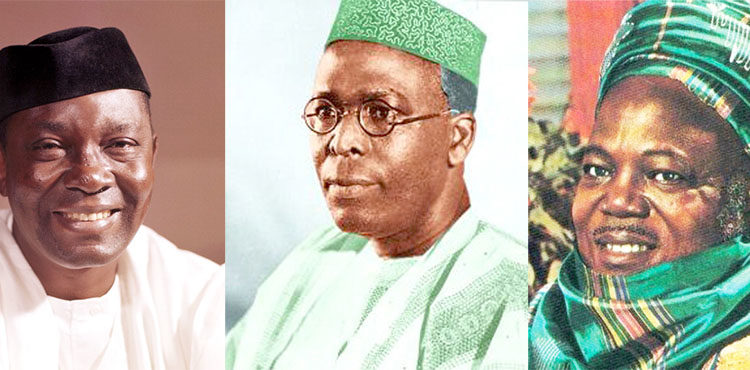
Hausa Kingdom
The Hausa Kingdom was a pre-colonial West African state that existed in what is now known as northern Nigeria.
It was one of the most significant and powerful states in the region. And its legacy can still be seen today in the culture and customs of the Hausa people. The kingdom was ruled by a series of powerful emirs, some of whom were famous leaders and warriors.
Amina: The Warrior Queen
Amina was born in the late sixteenth century to Bakwa Turunku, the ruling king of the city-state of Zazzau (now known as Zaria). She was the daughter of one of the king’s concubines, but despite her lowly status, Amina proved to be a fierce warrior from an early age.
In addition, she received military training from her mother’s people, the Kwararafa, and soon became a skilled horsewoman and archer.
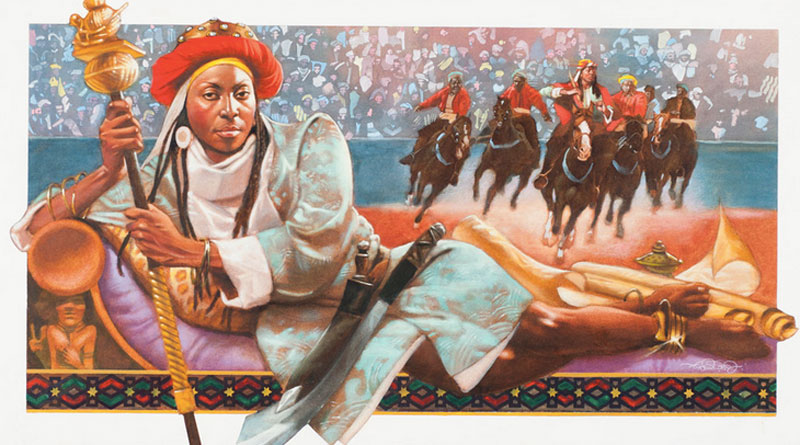
Amina’s younger brother became king when her father died, but he was not a strong ruler. Amina quickly stepped in to fill the power vacuum, leading her army and going on military campaigns to conquer neighboring city-states.
She was known for her bravery, tactical genius, and ruthless tactics. She often fought alongside her troops and was said to have personally killed her enemies in battle.
Amina’s military conquests were extensive, and she is credited with expanding the Zazzau kingdom to its greatest extent. She conquered territories as far as Kano and Nupe. Her armies also reached as far as the Niger River in the west.
In addition, she built a network of trade routes that brought wealth and prosperity to her kingdom.
Amina’s legacy is still celebrated today in Hausa culture and as one of the most influential leaders in Nigerian tribal history.
She is considered a symbol of female empowerment and strength, and her legend has inspired countless tales, songs, and poems. Her memory lives on in the traditional title of “Amina,” given to Hausa girls born into noble families.
Muhammad Rumfa: The Wise Ruler
Muhammad Rumfa was the tenth ruler of the Kano Kingdom, one of the largest and most powerful Hausa city-states. He came to power in the early fifteenth century and ruled for over 50 years.
Rumfa was known for his wise and just rule. He established a legal code based on Islamic principles and ensured that justice was administered relatively throughout his kingdom.
He was also a patron of the arts and oversaw the construction of many public works, including the city walls and gates of Kano.
Moreover, Rumfa’s reign was marked by peace and prosperity, and his kingdom became a center of trade and learning. He welcomed scholars from all over the Muslim world, and Kano became a hub of Islamic scholarship and culture.
Rumfa’s legacy can still be seen today in Kano, where many of his commissioned buildings still stand. He is remembered as a wise and just ruler who brought peace and prosperity to his people.
Yoruba Tribe
The Yorubas are one of the biggest Nigerian tribes and have many influential leaders. Here are two spectacular ones:
Chief Obafemi Awolowo
Chief Obafemi Awolowo wasn’t just one of the most influential leaders for the Yorubas but for many other Nigerian tribes.
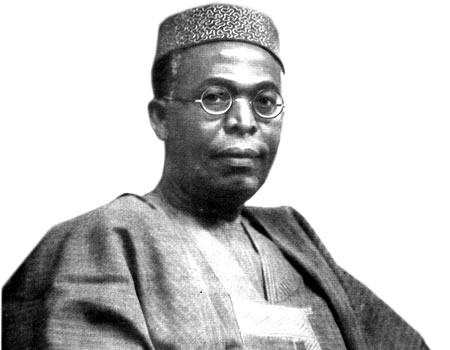
He was a prominent Yoruba statesman and politician who lived in the 20th century. Awolowo was central to Nigeria’s struggle for independence from British colonial rule. He also played a major role in shaping the country’s political landscape after independence.
Additionally, Awolowo was a charismatic leader. He championed the cause of the Yoruba people and fought for their rights and interests.
He was a founding member of the Action Group, a political party that sought to promote Yoruba interests and culture within the Nigerian federation.
Awolowo is also remembered for his contributions to education and social welfare in Nigeria. He established several universities and schools, and his policies on free education and healthcare for all have impacted Nigerian society.
Awolowo’s legacy continues to be celebrated by the Yoruba people today, and he is revered as one of the greatest leaders in Nigerian history.
Oba Adeniran Adeyemi I (Alaafin of Oyo)
Oba Adeniran Adeyemi I was the Alaafin of Oyo from 1945 until he died in 1954. He is remembered as one of the most prominent leaders of the Yoruba people in the 20th century. During his reign, he played a key role in the Yoruba people’s political, social, and economic development.
One of Oba Adeyemi I’s most notable achievements was the establishment of the Western Region of Nigeria. This became one of the country’s most prosperous and influential regions.
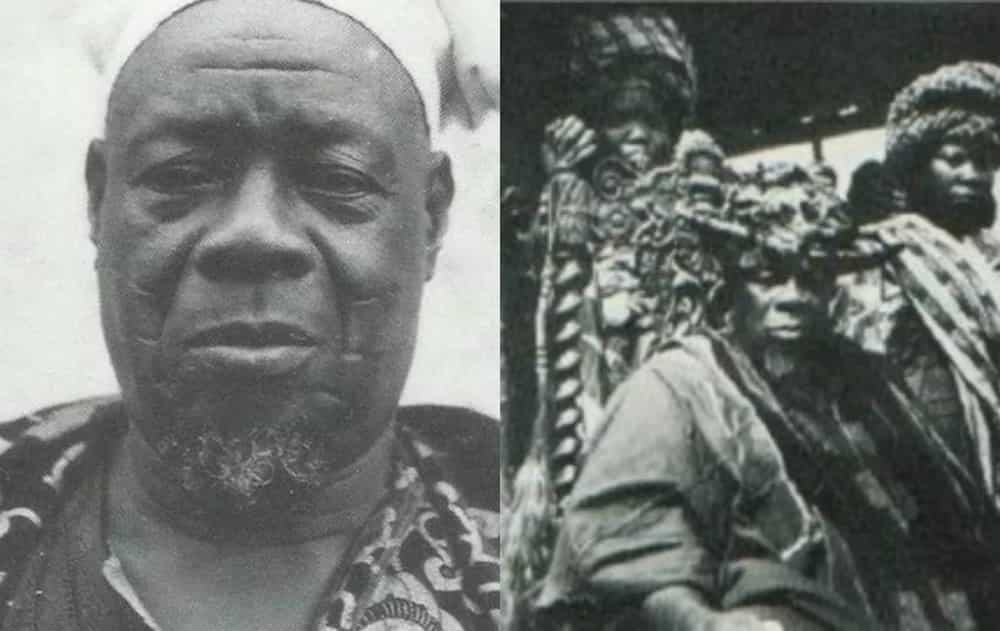
He also worked to improve infrastructure and education in the region, including the establishment of several schools and colleges.
In addition to his contributions to the Yoruba people, Oba Adeyemi I was a respected leader on the national stage. He served as a member of the Nigerian Legislative Council and advocated for Nigerian independence from British colonial rule.
Igbo Tribe
The Igbo tribe is one of the largest ethnic groups in Nigeria, with a rich cultural heritage and a history that spans centuries. Here, we will explore the lives of two of the most famous leaders and warriors of the Igbo tribe: Ojukwu and Nzeogwu.
Ojukwu: The Biafran War Leader
Chukwuemeka Odumegwu Ojukwu, popularly known as Ojukwu, was a Nigerian military officer and politician who served as the leader of the breakaway Republic of Biafra during the Nigerian Civil War.
The conflict began in 1967 when the Igbo people, led by Ojukwu, declared the secession of the eastern region of Nigeria and the establishment of an independent state called Biafra.
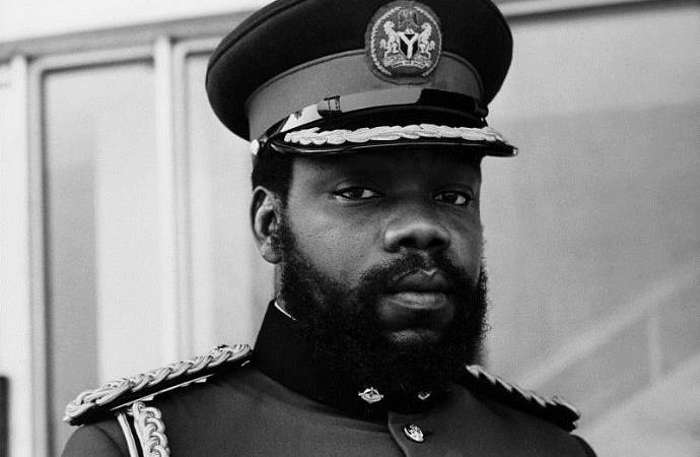
Read: Odumegwu Ojukwu and His Role in Biafra
Ojukwu was a charismatic leader widely admired by the Igbo people for his courage and determination. He graduated from Oxford University and served in the Nigerian army before leading the secessionist movement.
The Biafran War lasted for three years and was characterized by intense fighting and a humanitarian crisis that killed millions of people. Despite being outnumbered and outgunned by the Nigerian military, Ojukwu, and his forces put up a fierce resistance before ultimately surrendering in 1970.
Nnamdi Azikiwe – Nigeria’s First President
Nnamdi Azikiwe was a Nigerian statesman and the first president of Nigeria. Born in 1904 in Zungeru, Nigeria, Azikiwe was a prominent leader of the Igbo people and a key figure in the struggle for Nigerian independence from British colonial rule.
Azikiwe was a highly educated man who earned multiple degrees, including a Bachelor of Arts in History and Political Science from Lincoln University in the United States. He was also a journalist, editor, and publisher who used his platform to advocate for Nigerian independence and promote pan-Africanism.
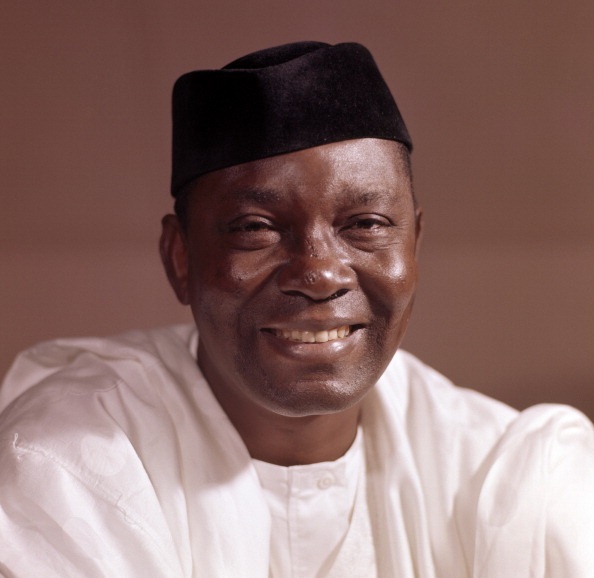
In 1960, Azikiwe was elected as the first president of Nigeria after the country gained independence from Britain. He served in this role until 1966 when a military coup overthrew his government.
Despite this setback, Azikiwe remained a respected figure in Nigerian politics and advocated for democracy and good governance until he died in 1996.
Other Famous Leaders and Warriors of Nigerian Tribes and Their Impact History
Besides the Hausa, Yoruba, and Igbo tribes, several other Nigerian tribes with their own notable leaders and warriors have significantly impacted the country’s history. Here are some of them:
Oba Ewuare: The Great Benin Empire King
Oba Ewuare, also known as Ewuare the Great, was a powerful king who ruled the Benin Empire from 1440 to 1473. He was known for his military prowess, political savvy, and promotion of art and culture.
During his reign, the Benin Empire became one of the most powerful and prosperous states in West Africa, with an extensive network of trade and diplomacy.
Oba Ewuare is remembered for his many social and administrative reforms, including establishing a central administration system, promoting traditional religion, and creating a complex social hierarchy. His legacy continues to shape the culture and politics of the Edo people in Nigeria today.
King Jaja of Opobo: The Anti-Slavery Crusader
King Jaja of Opobo was a powerful merchant prince and ruler of the Opobo city-state in Southern Nigeria in the late 19th century. He was known for opposing the slave trade and his efforts to build a strong and independent Opobo kingdom.
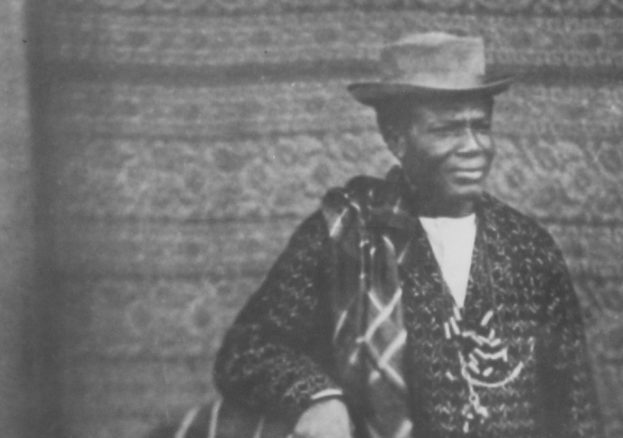
Read: Jaja Of Opobo: From Slave Boy to The Palace
King Jaja’s success in establishing a thriving commercial and political center in Opobo attracted the attention of the British, who saw him as a threat to their colonial ambitions in the region.
He was eventually exiled to the West Indies and died in 1891. However, his legacy as an anti-slavery crusader and advocate for Nigerian independence lives on.
Moremi Ajasoro
Moremi Ajasoro is a legendary figure from the Yoruba tribe of Nigeria known for her bravery and strategic thinking in the face of external aggression. Her story has been passed down through generations and inspires many in Nigeria and beyond.
Moremi was born in the ancient city of Ile-Ife, which was under threat from a neighboring tribe known as the Ugbo. The Ugbo tribe was notorious for raiding Ile-Ife and capturing women and children to be sold into slavery. Moremi was deeply troubled by the plight of her people and determined to find a way to protect them.
Moremi infiltrated the Ugbo tribe disguised as a slave and gained their trust. She then used her knowledge to lead an attack on them, freeing captives from Ile-Ife.
Lastly, her bravery has been celebrated in Nigerian history and is honored annually at the Osun-Osogbo festival.
Before you go…
Hey, thank you for reading this blog to the end. I hope it was helpful. Let me tell you a little bit about Nicholas Idoko Technologies. We help businesses and companies build an online presence by developing web, mobile, desktop, and blockchain applications.
We also help aspiring software developers and programmers learn the skills they need to have a successful career. Take your first step to becoming a programming boss by joining our Learn To Code academy today!











